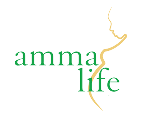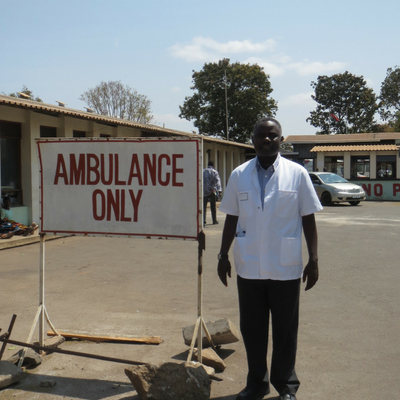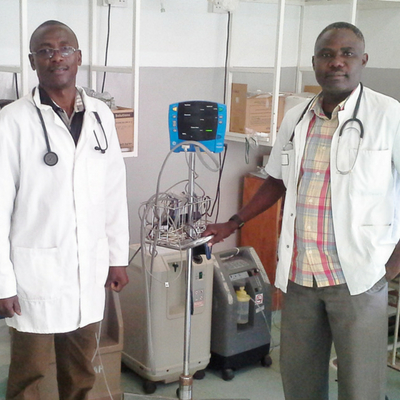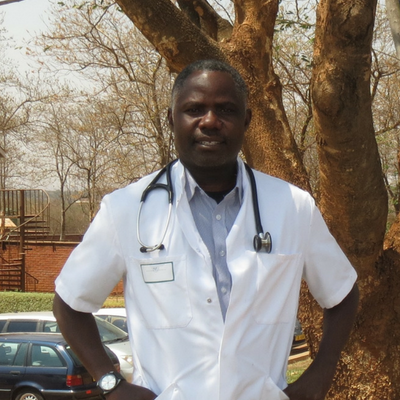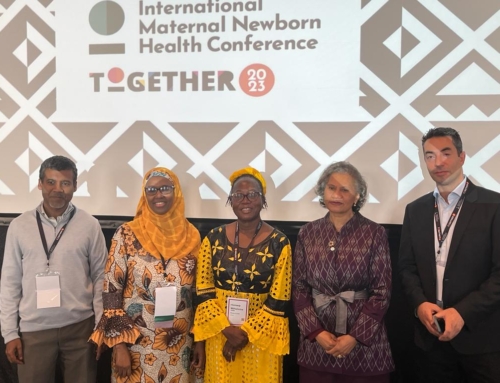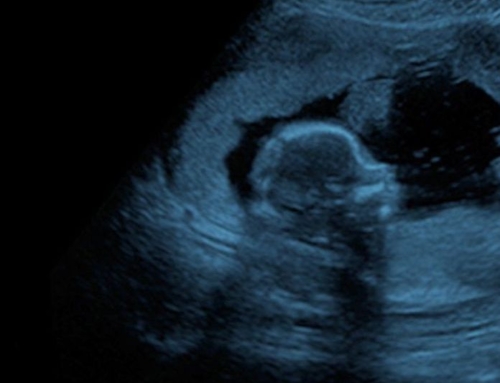Stanley Daudi, one of Ammalife’s past Changemakers has recently finished his studies in Malawi. We caught up with Stanley to hear what the impact of the Changemaker programme has been on himself and his community, as well as to ask him what he believes to be the biggest challenges facing clinicians in Malawi today.
Before I became an Ammalife Changemaker and before I started my medical studies, I was working as a paramedic and a anaesthetic clinical officer. Although I had a great deal of experience in obstetric emergencies, in Malawi there are limits imposed on paramedics, which was difficult for me because I wanted to do more. Before working as a paramedic, I had previously desired to become a soldier, but this changed when my mother fell ill. The terrible experience she encountered at the hospital, and unprofessional care she received provoked me to want to become an agent of change, which is why I followed the medical path.
The impact of being an Ammalife Changemaker on myself personally has been vast. Every clinical officer I had worked with before now looks to me as an achiever, somebody who gave up comfort for adventure. They look up to me as a role model who defied all the odds, and faced uncertainty and the unknown. Patients are now looking to me as an authority on their healthcare prospects and they always respect my decisions. Previously I would not have had the liberty to make important decisions on the day-to-day care of my patients. During my studies, I learnt a great deal of techniques and approaches that were unknown to clinicians in Malawi, and I am looking forward to pioneering some of these interventions in order to spread new knowledge and best practice. I am 43 years old now and still energetic; in the future I would like to specialise in one of the clinical areas which I love.
- Stanley (Right) with another previous Ammalife Changemaker, Alex Sembo
- Stanley stands proudly in his clinical uniform.
There are still many challenges facing clinicians in Malawi, such as a fragile health system, lack of medical supplies, and a high doctor-patient ratio caused by a ‘brain drain’ of qualified medical professionals. It can be frustrating when you wake up for work energetic, only to arrive at the hospital to find that the surgery schedule for the day has been cancelled because there is not enough equipment. In our setting, days are always hectic for doctors and clinicians, and the challenges which I mentioned above can makes things difficult for Malawian doctors. I wake up as normal at 6 am to take the bus to the hospital, ensuring that by 7:30 am I am there to attend morning clinical meetings. By around 8:30 am you are either assigned to the ward or outpatient clinics where you see sometimes more than 30 patients on average. Some days you hardly break for lunch. Finishing time is 4:30 pm but the latest I have gone home is 7 pm. Oftentimes you find that the ward tasks have not been completed within the expected time, due to lack of capacity, meaning that the following day your work load may be effectively doubled. To improve the doctor-patient ratio I would suggest that paramedics with clinical skills, like I had before my studies, need to be given the chance to go to medical school to train and so more scholarships may be needed.
I first encountered Ammalife when a friend contacted Professor Harry Gee and Maria Gee to seek assistance on my behalf. I was devastated because I was on the point of being kicked out of medical school because I could not pay the fees. Although I was an academic achiever both outside and inside the classroom, including the clinical area, I did not have the money to continue with my studies, and I had sold all my assets up until that point to keep me at university. Ammalife made sure I moved from hopelessness to being an achiever. Now that my studies are over, it is time to give back and to serve my community. I like clinical work and I feel like I belong at the bedside, providing good quality care to patients.
